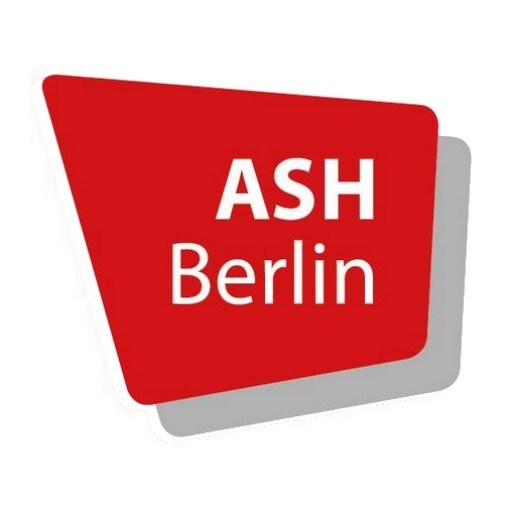Photos of university / #leuphana
The Master's programme in Governance and Human Rights at Leuphana University of Lüneburg offers students an interdisciplinary and comprehensive education focused on the critical issues of governance, human rights, and social justice in a globalized world. This program is designed for students who are passionate about understanding and addressing the complex challenges related to political power, human dignity, and social equity across different cultural and institutional contexts. The curriculum combines theoretical foundations with practical applications, enabling students to develop analytical skills, policy understanding, and advocacy strategies necessary for promoting effective governance and protecting human rights worldwide.
Throughout the programme, students explore a wide range of topics including international law, comparative politics, public administration, human rights theories and practices, governance challenges in multicultural societies, and mechanisms for accountability and transparency. Emphasis is placed on critically analyzing how governance structures influence societal outcomes and how rights-based approaches can be integrated into policy-making processes. The programme encourages an active engagement with contemporary issues such as migration, conflict resolution, social inequality, and sustainable development, preparing graduates for careers in international organizations, NGOs, governmental agencies, and research institutions.
The classroom experience combines lectures, seminars, case studies, and project work, often involving collaboration with practitioners and stakeholders from relevant sectors. Students are guided to think critically, communicate effectively, and develop innovative solutions to real-world problems related to governance and human rights. Moreover, the programme provides opportunities for internships and fieldwork, allowing students to gain practical insights and build professional networks within the field of social justice and human rights advocacy.
Leuphana University’s unique interdisciplinary approach ensures that students benefit from expertise across law, social sciences, and humanities, fostering a holistic understanding of the interconnectedness of governance systems and human rights issues. Graduates of this programme are well-equipped to contribute to policy development, advocacy, and research aimed at fostering inclusive governance structures that uphold human dignity and promote social justice globally. With a strong foundation in both theoretical knowledge and practical skills, alumni are prepared to make meaningful contributions to advancing democratic values, protecting vulnerable populations, and creating more equitable societies.
Educational organisation
The programme consists of lectures, seminars and small-group discussions taking place online as a distance-learning format. There are three two-week classroom sessions (lectures, workshops, discussions). Students apply their knowledge by developing an individual project throughout the course and organise a conference at the end of their studies.Forms of assessment
Assignments, essays and presentations, Master's thesis in accordance with the guidelinesCourse objectives
Students will learn to analyse and understand legal and political theories of governance. They will be able to protect and enforce human rights using human rights regimes. The programme has a strong hands-on approach and enables students to apply their knowledge in their human rights and governance projects.Language requirements
Applicants must prove a sophisticated level of English by an official English language test (TOEFL, IELTS, TOIEC, etc.).Academic requirements
Academic admission requirements:- a first university degree (e.g. Bachelor)
- one year professional experience in the field of governance and human rights
- sophisticated English language skills
The following documents are required for application:
- application form, duly filled out and signed
- CV
- certified copy of first university diploma
Where to apply:
For more information concerning the application process, you can contact the study course coordinator Christoph Kleineberg (kleineberg@leuphana.de, phone +49 4131 6 77 19 83) or visit the website http://www.leuphana.de/gahr-application









